Ukraine imposes new sanctions targeting Russian maritime and defence supply chains
Ukraine’s President Volodymyr Zelenskyy has approved new sanctions targeting Russian maritime operators, defence-linked companies and individuals co...
As we approach 2025, extreme weather events are becoming the new normal. From heatwaves to flooding, climate change is accelerating and reshaping life on Earth. In this article, we explore how these shifts will affect our ecosystems, economies, and daily lives in the years ahead.
The changing global climate and extreme weather events in 2025 will likely be shaped by ongoing climate shifts, technological advancements, and geopolitical efforts. Here are some major weather and climate trends to expect, based on current projections and the trajectory of climate science:
Heatwaves: Increasing temperatures are expected to lead to more frequent and intense heatwaves, particularly in regions like Southern Europe, the Middle East, parts of Africa, and parts of Asia. Cities will experience unprecedented highs.
Flooding: With rising sea levels and more intense rainfall, coastal cities and low-lying areas will face more severe flooding. Areas like Bangladesh, Venice, and Miami will be increasingly at risk of storm surges, heavy rainfall, and even permanent submersion.
Droughts: Many regions, particularly in Africa, the American Southwest, and parts of Australia, will continue to experience prolonged droughts, straining water supplies, agriculture, and ecosystems.
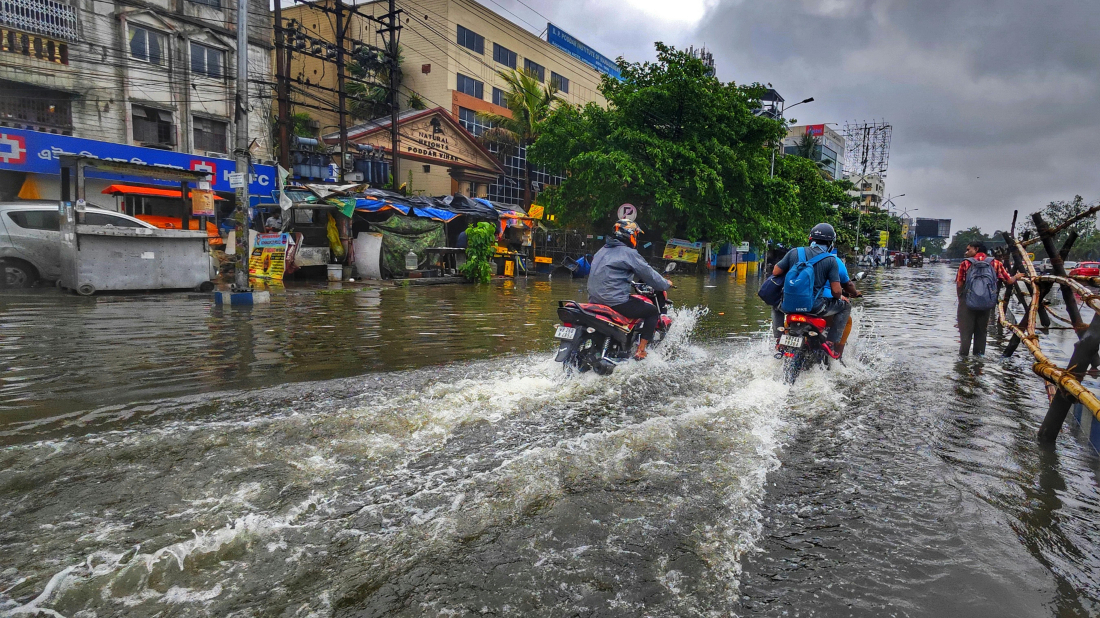
Rising Global Temperatures
The global temperature in 2025 will likely surpass 1.5°C above pre-industrial levels, potentially triggering more severe climate feedback loops like the release of methane from permafrost and accelerated melting of ice sheets.
This warming will make summers hotter, winters milder, and will affect precipitation patterns, causing more irregular seasonal rainfall in many regions.

The frequency and intensity of hurricanes, typhoons, and cyclones are expected to increase due to warmer ocean temperatures, which provide more energy for these storms. This means more powerful and destructive storms will hit regions like the Caribbean, Southeast Asia, and the Western Pacific.
Coastal areas will face the compounded threats of storm surges, flooding, and infrastructure damage from these stronger storms.
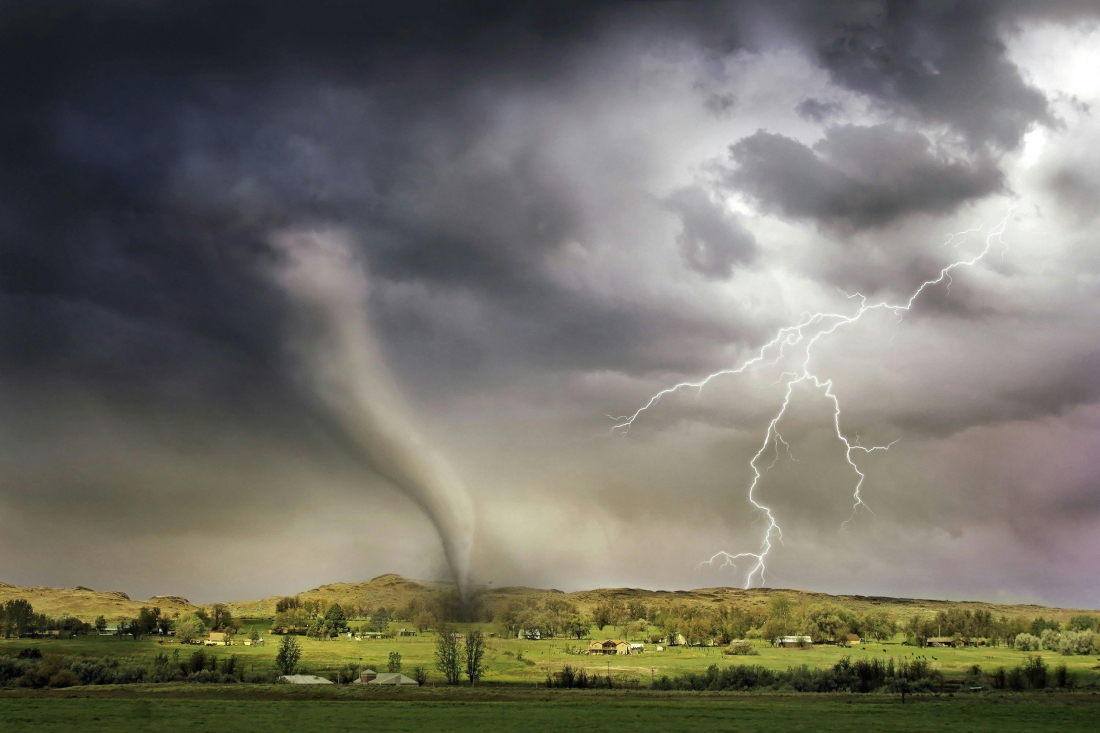
Widespread wildfires are likely to become more common, especially in dry, hot regions like California, Australia, the Mediterranean, and the Amazon. These wildfires, fueled by higher temperatures and prolonged droughts, will destroy ecosystems, threaten human populations, and exacerbate air quality issues.
Fire seasons will lengthen, with more areas affected by wildfires at various times of the year.
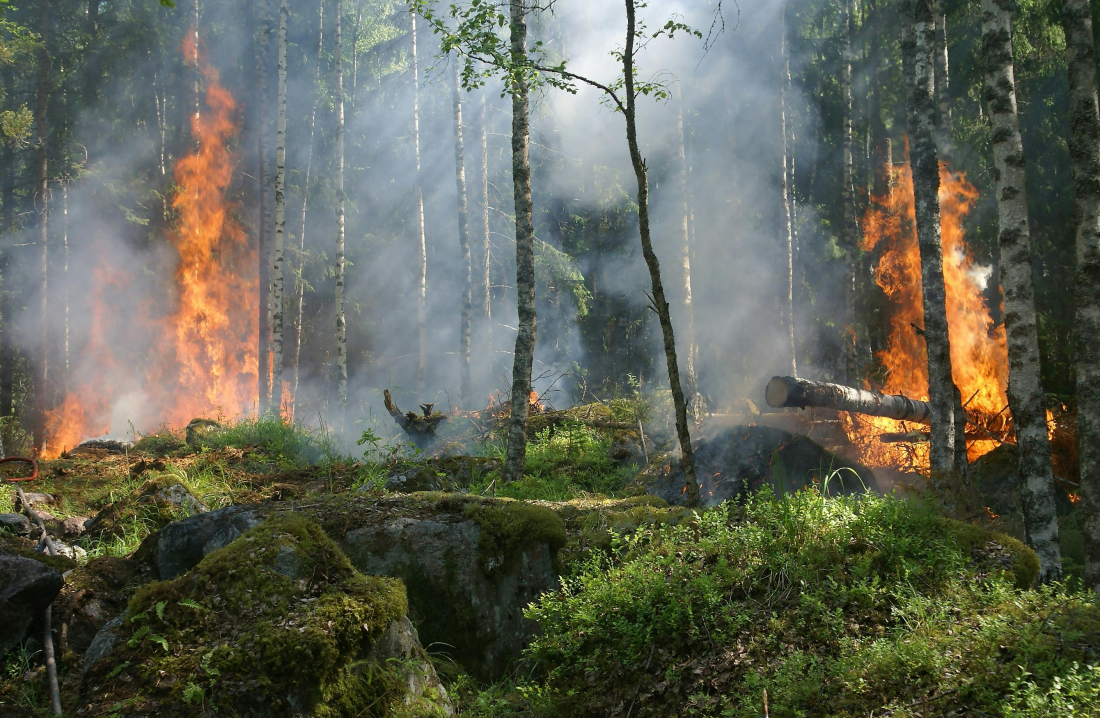
Some regions will experience more extreme rainfall and flash floods, especially in areas like Southeast Asia, Sub-Saharan Africa, and parts of the United States. The increased moisture in the atmosphere can fuel heavier rains, leading to flooding and soil erosion.
Conversely, other regions will face drier conditions, leading to a more pronounced water scarcity in regions like the Mediterranean, the Horn of Africa, and parts of the U.S. West Coast.

As weather becomes more unpredictable, agriculture will suffer. Droughts, heatwaves, and erratic rainfall patterns will harm crop yields, especially for staple foods like wheat, rice, and maize.
These disruptions will lead to higher food prices, food shortages, and could exacerbate existing issues like global hunger and food insecurity.
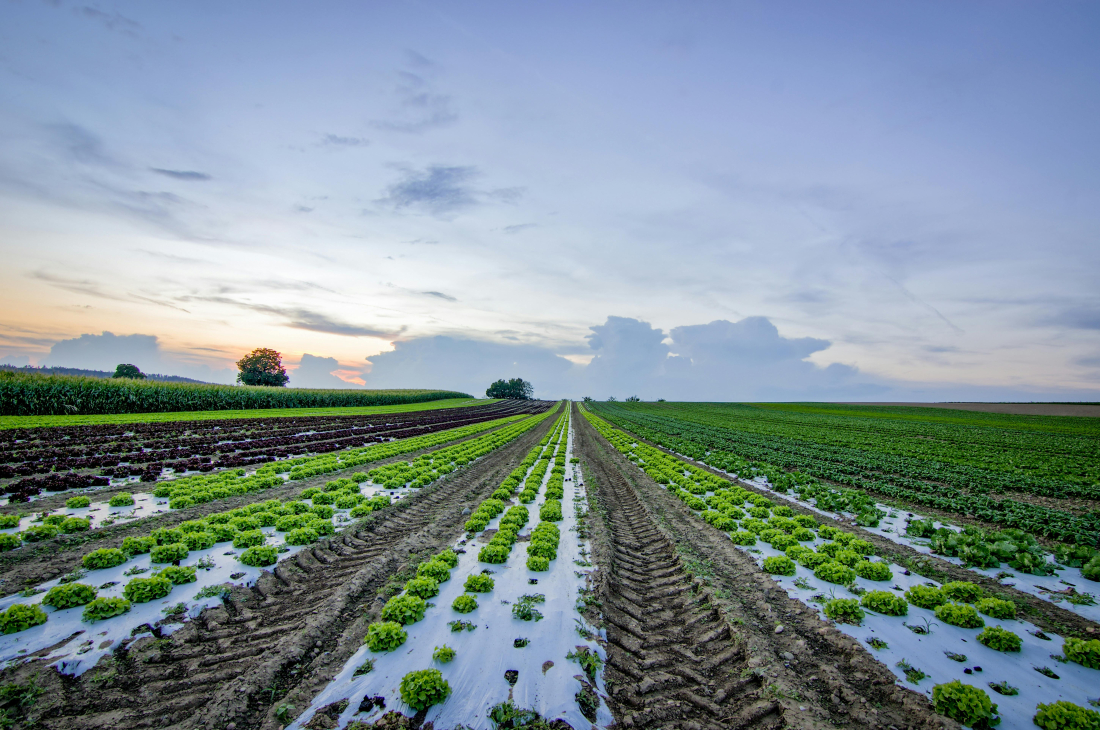
Ocean temperatures will continue to rise, leading to more marine heatwaves and coral bleaching. The destruction of coral reefs will affect marine biodiversity, fishing industries, and coastal protection.
Marine life will be disrupted, with some species migrating to cooler waters, which could affect global fish stocks and the economies dependent on them.

As extreme weather events become more frequent and severe, regions already vulnerable to natural disasters will experience heightened humanitarian crises. Countries in the Global South, already dealing with socio-economic challenges, will see an increased burden from climate-induced migration, food insecurity, and disaster recovery efforts.
Climate refugees will become more prevalent as people are forced to leave areas affected by rising sea levels, extreme heat, or prolonged drought.
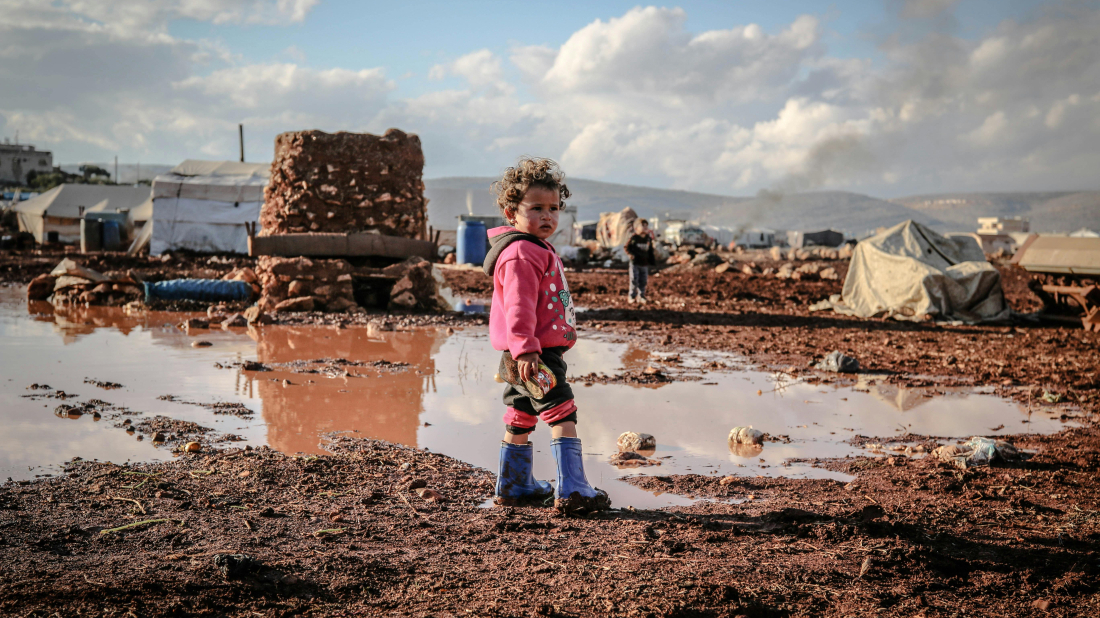
North America: More frequent heatwaves, prolonged droughts in the western U.S., and increasingly intense hurricanes on the East Coast and Gulf of Mexico.
Europe: Prolonged heatwaves, particularly in Southern Europe, with an increased risk of wildfires. Northern Europe could experience wetter conditions, leading to flooding.
Asia: More powerful monsoons and tropical cyclones, combined with severe droughts in regions like India and China. Southeast Asia will face rising sea levels and flooding risks.
Africa: Northern and Eastern Africa: will continue to face drought conditions, exacerbating food insecurity and migration. Coastal regions may face increased flooding due to rising sea levels.
Australia: Hotter summers, frequent wildfires, and longer droughts will continue to challenge agriculture and water resources.
In 2025, the world will likely face a growing series of weather-related challenges as climate change accelerates. Global efforts to mitigate the effects of climate change—through reducing carbon emissions, adapting to new conditions, and implementing technological solutions—will be crucial in determining how severe these changes will become. However, it's clear that the climate crisis will continue to demand urgent attention from governments, businesses, and individuals alike.
Quentin Griffiths, co-founder of online fashion retailer ASOS, has died in Pattaya, Thailand, after falling from the 17th floor of a condominium on 9 February, Thai police confirmed.
Ukraine’s National Paralympic Committee has announced it will boycott the opening ceremony of the Milano Cortina 2026 Paralympics in Verona on 6 March, citing the International Paralympic Committee’s decision to allow some Russian and Belarusian athletes to compete under their national flags.
Eric Dane, the actor best known for his roles in 'Grey’s Anatomy' and 'Euphoria', died on Thursday, at the age of 53 after a battle with amyotrophic lateral sclerosis (ALS). His family confirmed his death after what they described as a “courageous battle” with ALS.
An Austrian climber has been convicted of gross negligent manslaughter after his girlfriend died from hypothermia while climbing Austria’s highest peak, the Grossglockner, in January 2025.
President Donald Trump said on Saturday (21 February) that he will raise temporary tariffs on nearly all U.S. imports from 10% to 15%, the maximum allowed under the law, after the Supreme Court struck down his previous tariff program.
The administration of U.S. President Donald Trump on Thursday (12 February) announced the repeal of a scientific finding that greenhouse gas emissions endanger human health, and eliminated federal tailpipe emissions standards for cars and trucks.
Tropical Cyclone Gezani has killed at least 31 people and left four others missing after tearing through eastern Madagascar, the government said on Wednesday, with the island nation’s second-largest city bearing the brunt of the destruction.
Rivers and reservoirs across Spain and Portugal were on the verge of overflowing on Wednesday as a new weather front pounded the Iberian peninsula, compounding damage from last week's Storm Kristin.
Morocco has evacuated more than 100,000 people from four provinces after heavy rainfall triggered flash floods across several northern regions, the Interior Ministry said on Wednesday.
Greenland registered its warmest January on record, sharpening concerns over how fast-rising Arctic temperatures are reshaping core parts of the island’s economy.
You can download the AnewZ application from Play Store and the App Store.

What is your opinion on this topic?
Leave the first comment